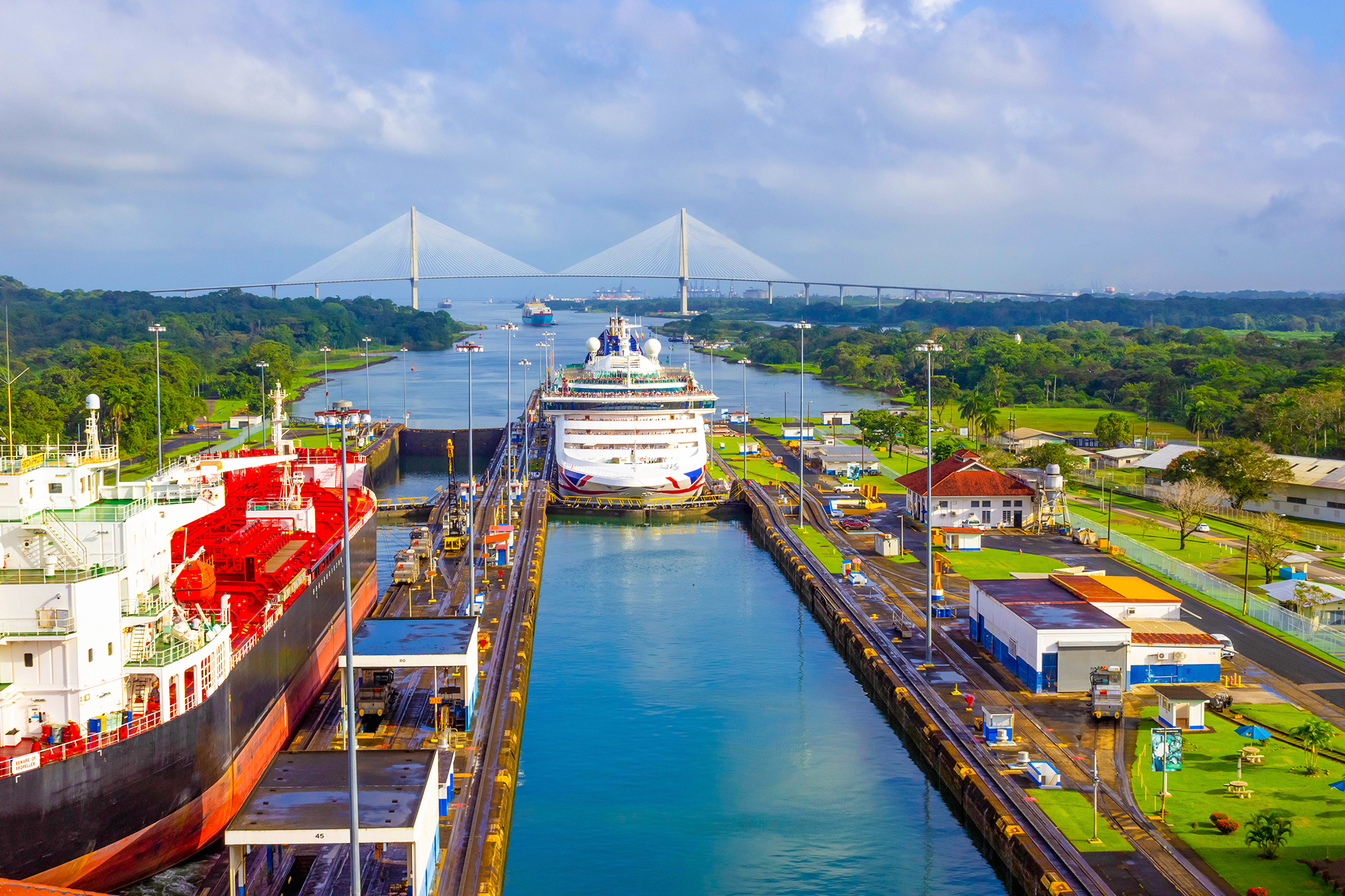The Hong Kong conglomerate rejects audit findings as Washington moves to curb Beijing’s footprint in Latin American infrastructure and strategic shipping lanes.
CK Hutchison, the Hong Kong-based parent of Panama Ports Company (PPC), denied on Wednesday allegations that it owes $1.2 billion to Panama—disputes that surfaced as US-China tensions intensify over canal infrastructure and regional influence.
Panama’s comptroller general announced this week that an audit of Panama Ports Company (PPC), a subsidiary of Hong Kong conglomerate CK Hutchison, uncovered irregularities in the renewal of a 25-year concession agreement.
The allegations are “absolutely contrary to reality,” PPC said in a statement.
“At no time has PPC failed to comply with the payments corresponding to the rates applicable to port operators in Panama for the movement of containers,” the company said in a statement.
The dispute surfaced on the same day US Defense Secretary Pete Hegseth arrived in Panama for a regional security summit.
Hegseth met with Panamanian President José Raúl Mulino and later attended a ribbon cutting ceremony for a new US-financed dock at the Vasco Nuñez de Balboa Naval Base. At the podium, Hegseth declared that the US “will take back the Panama Canal from China’s influence.”
The dispute comes amid mounting geopolitical friction in the region. China is Panama’s largest trading partner and a dominant force in Latin American infrastructure, largely due to its demand for raw materials and commodities (i.e., soybeans). Roughly 20% of all cargo passing through the canal is either bound for or originates from China, making it the second-largest user after the US.
Beijing swiftly condemned CK Hutchison’s recent decision to sell its Panama port operations to a consortium led by US-based asset manager BlackRock.
The $19 billion deal, expected to generate substantial proceeds for the company founded by Hong Kong billionaire Li Ka-shing, was publicly celebrated by US President Donald Trump as a move to “take back” control of the strategic waterway.
Since taking office in January, Trump has repeatedly claimed that the US needs control of the Panama Canal and Greenland “for national security.”
While Panama has formally withdrawn from China’s Belt and Road Initiative (BRI), trade between China and Latin America remains strong.
Brazil, now China’s largest regional trading partner, is not a BRI signatory highlighting Beijing’s economic footprint in the region is likely to remain resilient.
Currently, the Trump administration has a 104% tariff on imports from China. Beijing clapped back with additional tariffs on US goods, with President Xi Jinping stating Wednesday that China will build a “shared future with neighboring countries.”
Later that day, Trump announced a 90-day pause on the new tariffs for certain countries but raised existing tariffs imposed on imports from China to 125%, “effective immediately.”
UPDATE: As of April 23, Reuters is reporting that Singapore-based supply chain company PSA International is shopping its 20% stake in CK Hutchison’s ports business.




